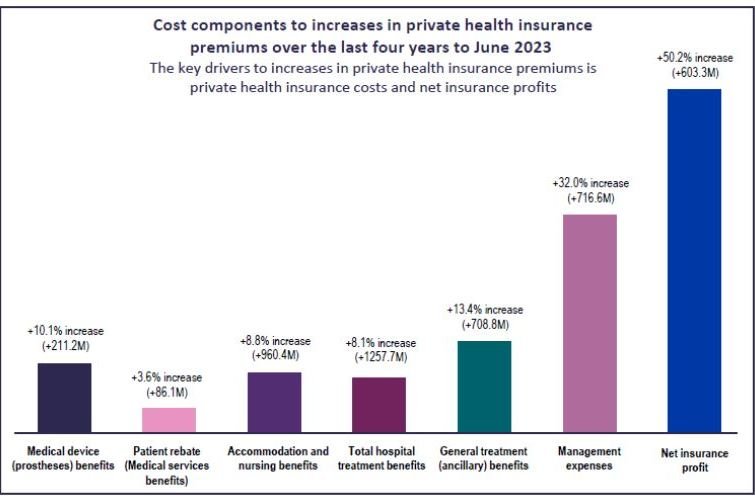Today we honour the service and sacrifice of the women of the Australian Army Nursing Service who served in Singapore, 80 years on from the sinking of the SS Vyner Brooke and the tragedy of the Bangka Island massacre.
Prime Minister Scott Morrison said the massacre represented one of the darkest chapters of World War II, but the tenacity and compassion of the victims and survivors lived on today.
“The memory and legacy of the victims and the survivors will never be forgotten,” the Prime Minister said.
“On this day, we remember the one who survived, the 21 who fell, the 5,000 nurses who served in the Pacific, the Mediterranean, the Middle East and other theatres of the Second World War, as well as the many thousands of Australian nurses who have served in wartime over a century and more.
“We remember their devotion to their patients, to their country and to their duty.”
Minister for Veterans’ Affairs and Defence Personnel Andrew Gee said the attack on those evacuating Singapore and the brutal killings at Bangka Island stood out as one of the worst war-time atrocities against Australians.
“It is difficult to imagine the horrors faced by those who were attacked while trying to escape the conflict, including those Army nurses killed in the massacre on Bangka Island,” Minister Gee said.
“Of the 65 nurses who embarked upon the SS Vyner Brooke, only 24 survived the war, all of whom spent years as prisoners of war, living through deprivation and disease.”
In the days before the Fall of Singapore, the women of the Australian Army Nursing Service were evacuated on several ships, including the SS Vyner Brooke.
There were 65 Australian nurses among the 181, mostly women and children, who boarded the ship, unaware of the fate that lay ahead.
Two days out of Singapore, the Vyner Brooke was bombed and sunk by Japanese aircraft, and 12 of the Australian nurses on board were killed.
After spending between eight and 65 hours in the water, about 150 survivors made it ashore to Bangka Island, including one group that met up with survivors from other sunken ships at Radji Beach.
On 16 February 1942, Japanese troops arrived at the beach and separated the male survivors who were then shot and bayoneted.
The 22 Australian nurses and one British female civilian who remained were forced to wade into the ocean, where they were machine-gunned from behind.
Only one nurse, Sister Vivian Bullwinkel, and one British soldier, Private Cecil Kinsley, survived the Bangka Island massacre. Sister Bullwinkel was wounded and pretended to be dead until the Japanese left.
“Despite their wounds, Sister Bullwinkel and Private Kinsley bravely survived in the harsh jungle for 12 days, before finally giving themselves up,” Minister Gee said.
“Private Kingsley died days later, but Sister Bullwinkel survived the war and, despite spending three and a half years in captivity, was able to return home to Australia.
“After leaving the Army in 1947, Sister Bullwinkel continued in a number of senior nursing roles and was awarded many honours, including the Florence Nightingale Medal. She was also made a Member of the Order of Australia (AM) and a Member of the Most Excellent Order of the British Empire (MBE).
“On this 80th anniversary of the Bangka Island massacre, we remember the tragic story of the Vyner Brooke and pay our respects to all those who lost their lives.
“We remember all the courageous women of the Australian Army Nursing Service who served in Singapore, and all those who served in the Second World War.”
To learn more about the sinking of the Vyner Brooke, the Bangka Island massacre and Sister Vivian Bullwinkel, visit the Department of Veterans’ Affairs Anzac Portal.







